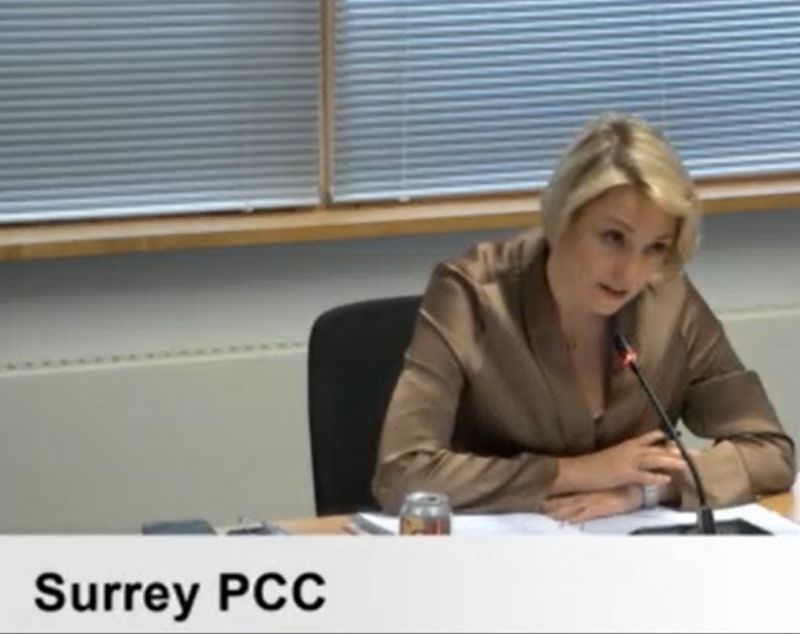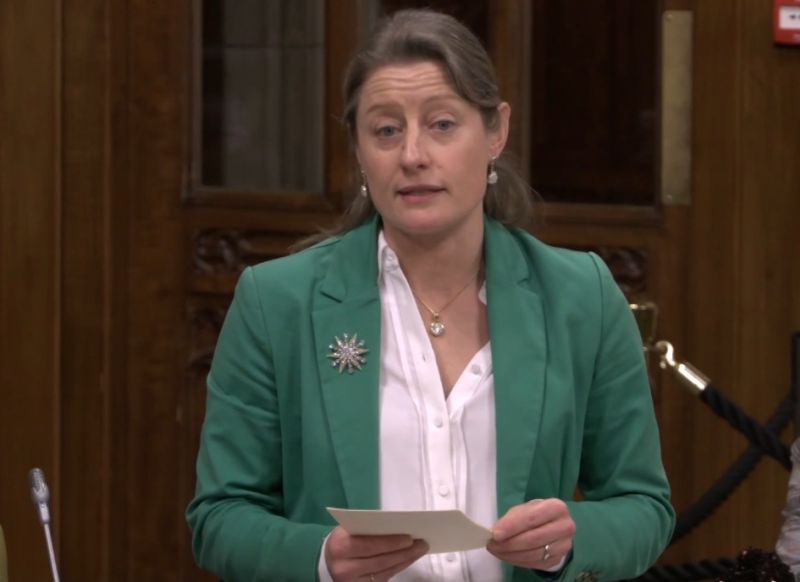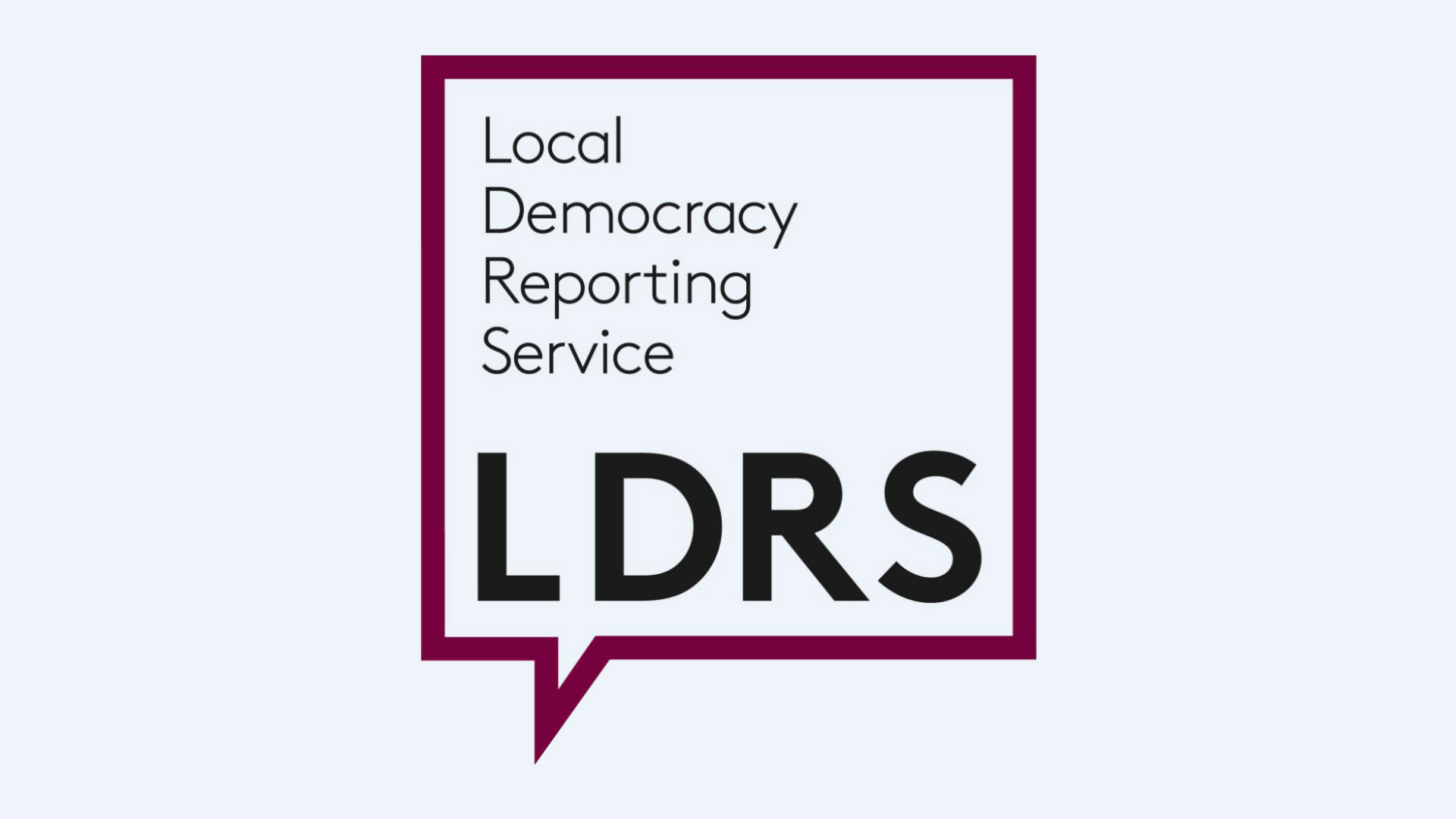Surrey Council ‘blamed me as a parent’ after asking for help
A mother of an (Special Educational Needs) SEN child claims Surrey County Council “blamed her” as a parent after she asked for help and support, according to a local government watchdog report.
The revelation came in reports published this month by the Local Government and Social Care Ombudsman, which also found the authority’s failings caused a second child to miss suitable education for a year, and that a boy had to be held back a year after it failed to identify his special educational needs.
The three cases meant the county council had to pay out a total of £4,900 to the aggrieved families. Surrey County Council said it apologises for the distress it has caused and has put in “robust” auditing measures to learn from its mistakes.
The first case dates back to April 2021 when a mother, referred to as Mrs X raised a complaint about the lack of support the council offered her as well as the actions of two social workers. She said the council failed to offer help , including respite to her and her child. She also said the council blamed her as a parent and recorded false information about her in the social care records.
The ombudsman said there was “fault in the council’s actions” but that the local authority had already remedied the injustice when it offered her £100 for its delay and £400 to recognise the distress. He did not take the matter further.
The council’s costliest error came after a father complained that his son was not receiving full-time education between April 2021 to March 2022. The council’s lack of action, the ombudsman found, was because it “simply overlooked” key information resulting in the boy missing out on education, causing the family distress and uncertainty.
The ombudsman found Surrey County Council at fault and recommended it apologise for the harm done as well as pay £200 for the time and trouble, £300 for distress and £2,200 for missed education and SEN provision.
The final finding against the council involved its delays in identifying a boy’s special educational needs and finding an appropriate school for him. The delay meant he missed eight months of education and was held back a year. It resulted in the ombudsman ordering the council to apologise to the mother and child for the distress caused by its failure to provide the boy with an appropriate education.
Surrey was also told to pay the mother £1,500 as a symbolic gesture to recognise the distress and impact on the youngster’s wellbeing and personal development. It must also pay the mother £200 for the frustration and distress caused to her.
Surrey County Council’s cabinet member for education and learning, Councillor Clare Curran said they took ombudsman findings very seriously and apologised for the distress caused. She said: “I am aware that the council has not always got things right and that the support and service that we give some children with additional needs and their families is not always of the standard that we would expect and I am sorry about that. We are working hard to improve our services.”
Cllr Curran said they had put in a programme of ongoing professional development for education staff as well as what she described as a “robust audit system”. She said: “All SEN case officers are required to attend Education Health and Care Plan (EHCP) writing training, which clearly sets out the local authority’s duties, and additional guidance has been written for staff to reiterate these duties.
“Further bespoke training around writing EHCPs will be delivered and be a requirement for all SEN staff when joining Surrey. We also recognise the significant issues that confront the SEND system nationally. We have seen a 64 per cent increase in education, health and care needs assessment requests across Surrey since 2020, at a time of a national shortage of Educational Psychologists (EPs).
“We are doing our utmost to recruit more to meet this demand, and we are filling this gap as best we can, but we hope to see the shortage in trained EPs and other issues addressed soon through the government’s improvement plan. We remain committed to improving our services and outcomes for children with additional needs so that they are happy, healthy, safe and confident about their future.”
Related reports:




















